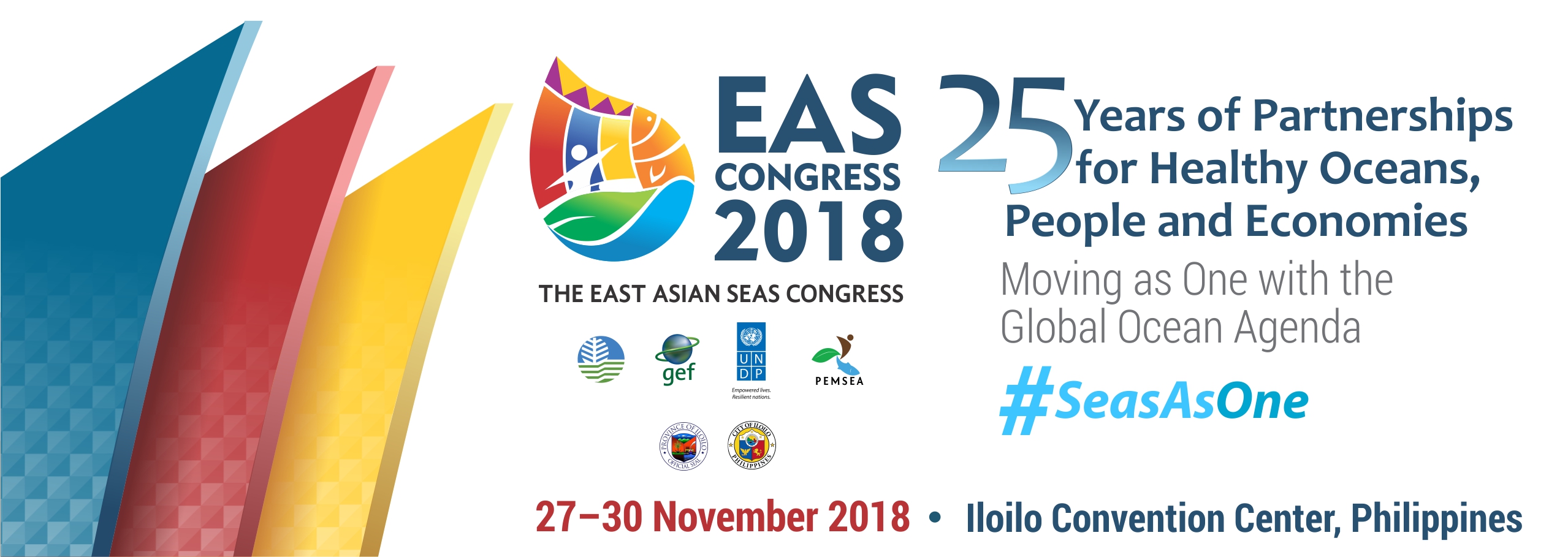UNITAR Series on Sea and Human Security: Ninth Session
Tokyo, Japan

Inaugurated in 2002-2003, the UNITAR Series on Sea and Human Security examines, from a comprehensive point of view, the concept of human security as it pertains to seas and the ocean. The Series has to date achieved a degree of thematic development with each subsequent Session alluding to its forebears while also adapting to participant evaluations and changes in the global approach and understanding of ocean management.
2011 Session
2011 sees a collaboration between UNITAR and the University of Tokyo Ocean Alliance. The Ocean Alliance forms a network that spans the entire range of the various fields of ocean research at the University of Tokyo, and provides a breeding ground for new ideas and innovations in ocean science. It represents Japan's largest think tank for ocean related issues and promotes research through cooperation among specialists of various disciplines within and outside the University of Tokyo. UNITAR is proud to partner with the University of Tokyo in this programme.
Session Theme: Tsunami and the Natural Environment: Lessons Learned for Effective Planning
With the devastating effects of the March 11 2011 Tohoku Earthquake and Tsunami in Eastern Japan seared into memory, and with the humanitarian crisis being gradually eased, attention turns, necessarily, to the devastation as evidenced on the coastal areas of Eastern Japan. The natural environment however requires a concerted examination so as to guide policy development and implementation which can serve as models for other nations at risk from such devastation.
Taking into account lessons learned from the 2004 Indian Ocean Earthquake and Tsunami, as well as preliminary research and conclusions conducted in recent months in Japan, the 2011 Session of the UNITAR Series on Sea and Human Security will examine the effect of the twin disasters on the Ocean, and on the communities and activities dependant upon it. The sociological and biological impacts will be presented, with the necessity of a comprehensive management approach to both disaster preparedness and response being highlighted.
Session Objectives
The specific objectives of the 2011 Session will be to:
Identify key issues that have emerged since the 2011 Earthquake and Tsunami in regards to the ocean;
Examine responses, the lessons learned, and policy development and implementation following the 2004 Indian Ocean Tsunami;
Examine feasible action plans for policy implementation; and
Highlight the necessity of a comprehensive approach to Ocean Security.
Session Participants and Faculty
The Series is possible thanks to the funding support of the Hiroshima Prefectural Government, the University of Tokyo Ocean Aliance and other financial partners.
The participants will consist of:
potential decision makers and trainers within national administrations;
mid- to high level government officials from selected line ministries; and
representatives of NGOs, academia and private corporations.
The Faculty will consist of representatives of;
The University of Tokyo;
Hiroshima University;
Partnerships in Environmental Management for the Seas of East Asia (PEMSEA)
United Nations Institute for Training and Research (UNITAR)
Participation Costs
The subsidized participation cost for the 2011 session is USD 850. This includes all tuition, material, accommodation, study tour and meal costs for the duration of the programme. Successful applications received before Friday, 2 September 2011 will be eligible for an Early Registration Discount of USD 200 (totaling USD 650). Payment must be received by Friday, 23 September 2011 either by online Credit Card payment or Bank Transfer. Payment details will be forwarded to successful applicants. Participants or their organisation/ministry are also required to cover travel costs to and from Tokyo.
Application Deadline
Application deadline is Wednesday, 14 September 2011. Applications received after this date will not be examined. Attendance is restricted to twenty-five participants.



